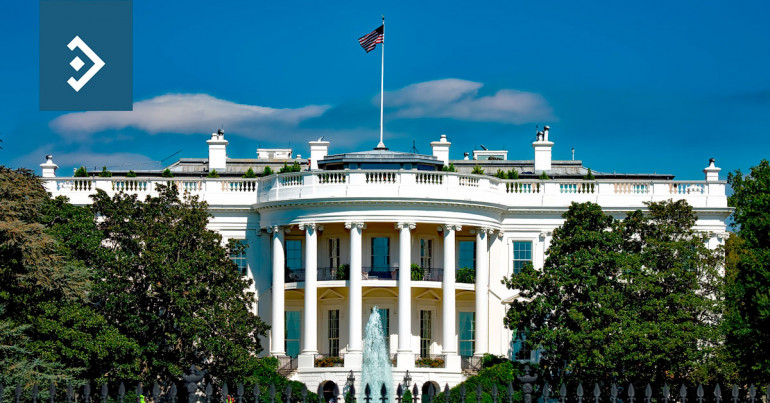
Dollar falls on Protectionism Fears
Morning mid-market rates – The majors
March 7th Highlights
- Weaker dollar becoming policy?
- ECB to Change Bias?
- Sterling Higher as Brexit fears fade again
Economic advisor leaves White House
The dollar had recovered on Monday as traders started to believe that the threat of protectionist policies was a ploy by Trump to get America’s trade partners around the negotiating table to discuss deals that have been done that are seen as disadvantageous to the U.S. Cohn’s departure changes the dynamic of the reasoning behind the tariffs and brings a trade was closer.
Concerns over the potential for tariffs on U.S. imports are now the major influence that is pushing the dollar lower, which ironically, is the purpose of the policy in the long run. With the February employment report due for release on Friday attention will be drawn back to the economy but the protectionism story has the potential to run and run.
The dollar fell yesterday with the index reaching 89.50 before closing a little higher. It has resumed its downtrend overnight, again testing support at 89.50.
Considering your next transfer? Log in to compare live quotes today.
ECB meeting to spring a surprise?
In itself, this is a minor change, but it has the potential to push the Euro higher since it signals an acknowledgement that the Eurozone economy is sufficiently robust to grow without the stimulus of lower rates.
ECB President Draghi has been at pains over the past year to say that the Eurozone economy remained fragile with several weaker economies unable to sustain growth without the benefit of economic stimulus. A change in the bias removes the need for that support, verbally at least, and brings a normalization of rates a step closer.
The single currency jumped on the rumour reaching a high of 1.2421 and remaining close to that level for most of the day. A rise in the Euro is a consequence of tighter monetary policy and presumably Draghi now feels that such a move won’t damage export growth too much which will signal the market to take it higher and possibly through the medium-term resistance at 1.2520.
Eurozone Q4 GDP is due for release later this morning with an unchanged 2.7% QoQ read expected.
Brexit threat retreats; Sterling rises.
The pound recovered lost ground yesterday mostly based upon the weakening of the dollar over the threat of tariffs on imports.
It reached 1.3930 and closed at 1.3888. Overnight it has resumed its move higher following Gary Cohn’s resignation and is currently (06.30am) trading at 1.3898. Versus the single currency it is in a 1.1250/1.11250 range with a higher euro possible based upon interest rate expectations.
It is probable that if the pound stretches its rally closer to 1.4000 selling orders will be triggered as traders see it as a “good sell” safe in the knowledge that at some point there will be further negative Brexit headlines to push it lower.
For now, the pound remains in a reactive phase since Brexit has become its main and possibly only driver.
Have a great day!

About Alan Hill
Alan has been involved in the FX market for more than 25 years and brings a wealth of experience to his content. His knowledge has been gained while trading through some of the most volatile periods of recent history. His commentary relies on an understanding of past events and how they will affect future market performance.”



